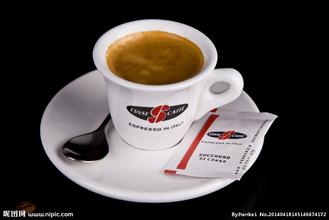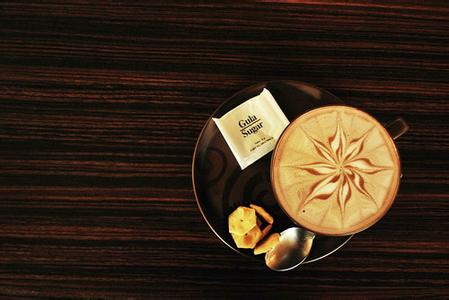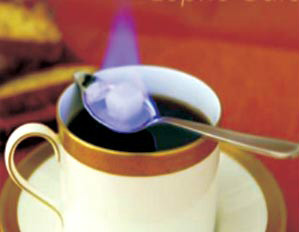Factors affecting the quality of espresso American Coffee extraction
Factors affecting the quality of espresso American Coffee extraction
As a rule of thumb, acids are first extracted, so espresso that is underextracted (flows too fast) tastes sour. Then there is sweetness, but the actual sugar content of roasted coffee is so low that it is difficult to set a standard. Sweetness is also a physiological feeling, but it is related to aroma components and strong texture, so it also symbolizes excellent mellow thickness. Bitterness is usually extracted in the final stage, and these slowly dissolved compounds balance the finished product in the cup from a global point of view; but if extracted too much, bitterness can easily drive away other flavors.
What about the aroma? The aroma quality of espresso is the most different from each other, so it is almost impossible to make coffee according to a particular aroma curve. The aroma of the coffee in the cup is determined by the grower and the roaster, which does not reflect the skill of the barista, but the latter can change the way we perceive the aroma by adjusting the taste curve. Baristas can adjust the acidity of the coffee, such as highlighting the sour taste of oranges or the aroma of grapefruit. The same coffee, if pulled more tightly, tastes more bitter and sweet, with a taste of orange chocolate or grapefruit jam
The degree of grinding is very extensive, generally speaking, it is related to the variety of coffee beans and the degree of baking. The grinding degree of 100%ARABICA beans is generally a little thicker than that of mixed beans. There is a certain range of grindness to cook a perfect Espresso. When the degree of grinding is too fine, when brewing coffee, the effluent will flow out in droplets, and the hot water will stay for too long, resulting in excessive extraction; if the degree of grinding is too coarse, the coffee will flow, resulting in insufficient extraction and affecting the taste of coffee. With normal grinding degree and normal pressing powder, the outflow state of extracted coffee should be fine and uninterrupted.
This factor often affects the quality and taste of a cup of coffee. General double Espresso, the amount of powder required is about 15-18g. Because too much powder will cause the coffee pressed powder to top the outlet network, so that the coffee does not have enough room to expand, resulting in over-extraction. If the amount of powder is too small, the thickness of pressed powder is insufficient, and it is easy to be broken down by hot water, resulting in uneven extraction.

Important Notice :
前街咖啡 FrontStreet Coffee has moved to new addredd:
FrontStreet Coffee Address: 315,Donghua East Road,GuangZhou
Tel:020 38364473
- Prev

The difference between coffee milk and non-coffee milk-the difference between milk coffee spots and birthmarks
The difference between foaming and not beating coffee milk-the difference between milk coffee spots and birthmarks is more practice, and it is easier to find skills after finding the skills. no matter how good the method is, you need practical operation to really find techniques and skills. practice, ah, the first step: first, do a fast low hit, hit until there is obvious resistance and a sense of consistency; then do the same to have obvious resistance and a sense of continuity; finally, do high.
- Next

Italian concentrated extraction-Italian espresso extraction time
Italian concentrated extraction-espresso extraction time: press the extraction button, after pressing, about 3-4 seconds before the coffee will flow out, during this period take two coffee cups on the extraction mouth. The extraction time is about 25 seconds and the extraction amount is also in 25ML. The reason for skillfully mastering the time of this process is that after the coffee beans are ground into coffee powder, the freshness can be maintained at most 15 points.
Related
- What is the meaning of lactic acid fermentation with coffee bean treatment?
- How to judge the state of foam by sound?
- How does the latte pull out the unicorn pattern? Come to get for a little trick to improve the flower pull!
- Will flower pulling affect the taste of the latte?
- Do you know the history of coffee?
- The difference between honey treatment and sun washing what is raisin honey treatment?
- What kind of milk can a novice use to make coffee foam to keep the foam longer? The correct method and skills of milking tutorial sharing
- Why do washed coffee beans taste sour? Flavor characteristics of washed Coffee
- Introduction to the skill of how to practice the size and height of water injection around the circle of hand-brewed coffee
- How do beginners practice coffee flower drawing from scratch?

